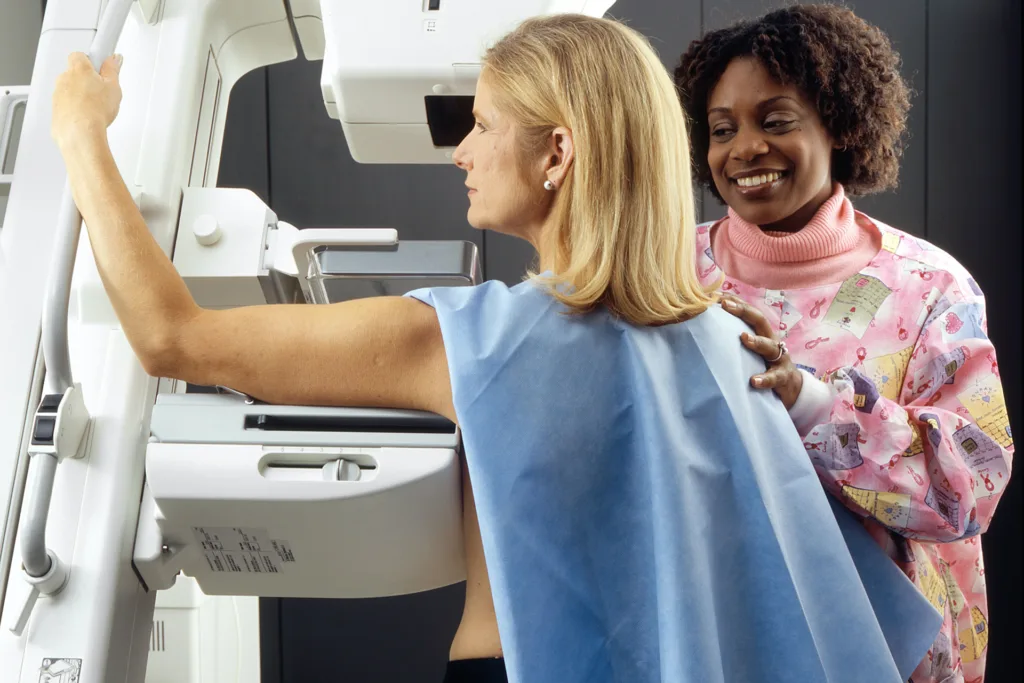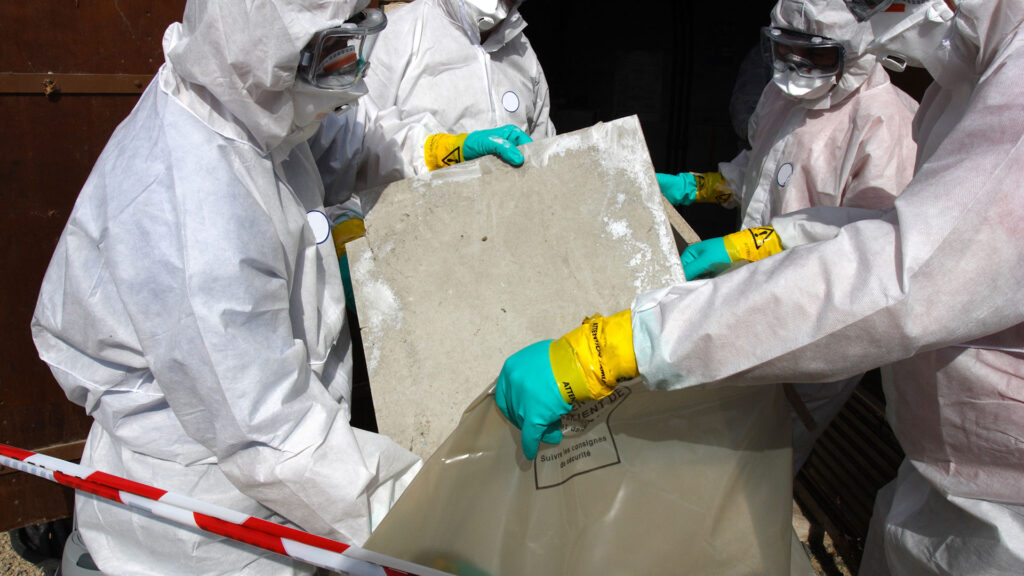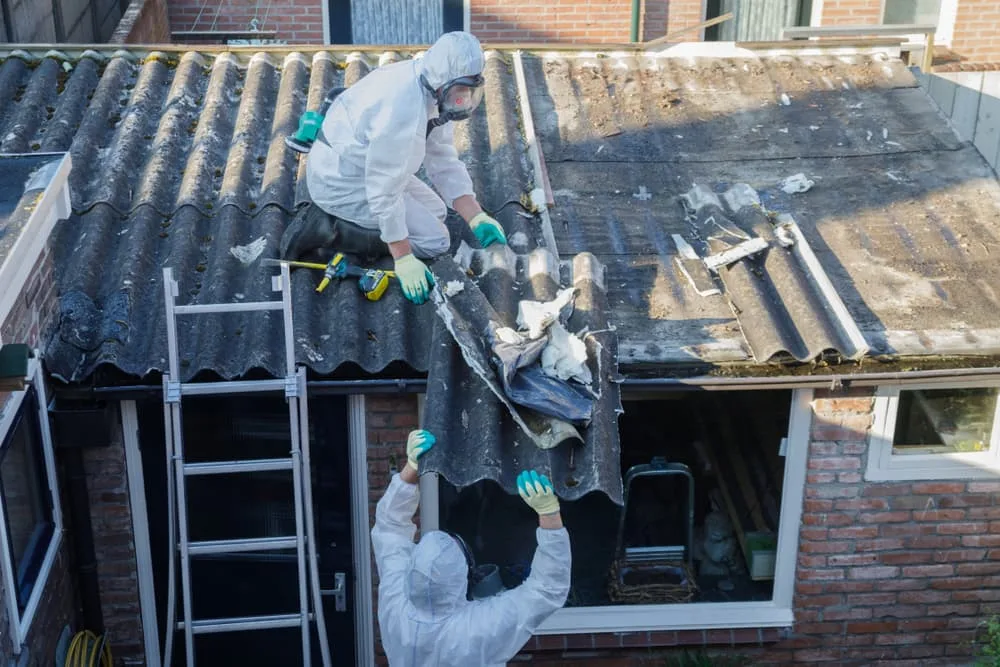There might not be a cure for cancer, but there are measures you can take to prevent it. One of the most effective methods is cancer screening tests. The goal is to find cancer before it starts causing symptoms – if found early, cancer can be more effectively treated. At this time, cancer is the second leading cause of death in the United States, exceeded only by heart disease.
If you are concerned, schedule an appointment with your doctor to discuss the next steps.
What Is A Cancer Screening?
Cancer screening differs from other diagnostic tests in that it can help detect cancer in its early stages before symptoms occur. Treatment is often more successful and easier on the patient when caught at this stage. For some cancers, such as colorectal and cervical, screenings can prevent cancer by identifying precancerous lesions so they can be removed before they become cancer. It is widely considered that screenings are the primary reason there has been a steady decline in cases of colorectal cancer over the past decade.
Recommended Cancer Screenings
Experts and doctors recommend several different screening tests:
- Breast cancer screening: Mammograms have been proven to reduce deaths associated with breast cancer among women ages 40-74, specifically in the age range of 50-69. Experts strongly suggest that screenings start at age 50 for women considered average risk.
- Cervical cancer screening: Human papillomavirus (HPV) and Pap tests can be used alone or in tandem. Both tests prevent cervical cancer by identifying abnormal cells before they become cancer. Experts recommend testing begin no later than age 21 and end at age 65 for those who are not high-risk and have had adequate prior screening.
- Colorectal cancer screening: Several tests can aid in early detection, including colonoscopy, sigmoidoscopy, and stool tests, which have all been proven to reduce the risk of death from colorectal cancer. Both colonoscopy and sigmoidoscopy can prevent the cancer from developing by finding and removing abnormal colon growths before they become cancerous. Experts recommend those at average risk start screenings at ages 45-50 through 75.
- Lung cancer screening: CT scans have shown to reduce lung cancer deaths. While many risk factors cause lung cancer, smoking is the leading cause. Experts recommend current or heavy smokers start screening at ages 50-80.
- Other screening tests: Some tests have not yielded effective results but can still be offered to those known to be at high risk for certain cancers.
- Alpha-fetoprotein blood test – used to detect liver cancer.
- Breast MRI – for women carrying a harmful mutation in the BRCA1 or BRCA2 gene.
- CA-125 test – done together with a transvaginal ultrasound, may be used to detect ovarian cancer early.
- Clinical breast exams and regular breast self-exams
- Multi-cancer detection tests – MCD tests measure biological signals in body fluids that can be shed by cancer cells. Depending on what the test measures, it may signal several different types of cancer and are effective for screening for cancer in people without symptoms. However, the lack of results and approval from the FDA makes MCD tests less reliable.
- PSA test – the prostate-specific antigen blood test is often used in prostate cancer screening. Experts no longer recommend PSA testing for me as most cancers detected by the test are not deadly. Early detection and treatment of PSA-detected cancers have not been shown to reduce the chance of dying from prostate cancer.
- Skin exams – Some doctors recommend those at risk for skin cancer examine their skin regularly. However, such exams have not been shown to reduce the risk of dying from skin cancer and can often lead to overtreatment. People should be aware of changes to their skin and follow up with their doctor should they find a new mole or change to an existing mole.
- Virtual colonoscopy – allows the colon and rectum to be examined from outside the body. This test is generally only recommended when it is the only colorectal screening the person is comfortable with.

What Should I Ask My Doctor About Cancer Screenings?
A cancer screening test can be invasive and is not necessary for everyone. Knowing when and where to have a screening can be confusing. Before scheduling anything, here are some questions to ask your doctor:
- Are there any cancer screening tests you would recommend? Which ones and why?
- How often should I have the test?
- What is the screening looking for?
- How do I prepare for the test?
- What happens during the test?
- Are there risks associated with having the test?
- How long before I will find out the results of the test?
- Who will go over the results with me?
- Who do I contact if I don’t hear from your office or the testing facility?
- What happens if my results are abnormal?
- How often are the test results inaccurate?
Other Ways Cancer Can Be Prevented
According to the WHO, 30-50% of all cancer cases are preventable. Awareness of the risk factors and behaviors that can cause cancer can significantly decrease your exposure.
Tobacco
Smoking is the leading cause of lung cancer. Tobacco smoke is estimated to have more than 7000 chemicals, and at least 69 are known to cause cancer. Tobacco use is the single most significant avoidable risk factor – it kills more than 8 million people yearly worldwide from cancer and other related diseases.
Alcohol
The National Toxicology Program of the US Department of Health and Human Services released its Report on Carcinogens, indicating that alcohol is a known human carcinogen. Alcohol consumption can cause several types of cancer, and evidence shows that the more a person drinks, the higher their risk of developing alcohol-associated cancer. The following cancers are linked to alcohol consumption: head and neck, esophageal, liver, breast, and colorectal cancers.
Physical factors (inactivity, obesity, dietary factors)
While no evidence can definitively link obesity to cancer, the IARC Working Group has concluded that there is consistent data that shows that higher amounts of body fat are linked to an increased risk of several cancers, including endometrial, esophageal, gastric cardia, liver, kidney, colorectal, pancreatic, breast, ovarian, and thyroid.
Infections and viruses
Research has shown that several viruses can lead to cancer, including Epstein-Barr, hepatitis B and C, HIV, human papillomavirus (HPV), human herpes virus 8, and human T-lymphotropic virus (HTLV-1). Cancer development due to these viruses is incredibly complicated – the viruses hijack the cells and insert their own DNA or RNA into the host cell, leading to the cells becoming cancerous.
The environment around us consists of the air, water, soil, and substances we interact with daily, including the conditions in our homes, workplaces, communities, and schools. There are human-made and naturally occurring chemicals in the environment that can contribute to the development of cancer. Read our full coverage of how the environment can contribute to a cancer diagnosis.
Radiation
Radiation has enough energy to damage a person’s DNA and cause cancer. People are exposed to radiation from x-rays, gamma rays, alpha particles, and beta particles. Some medical procedures such as chest X-rays, CT scans, PET scans, and radiation therapy can cause cell damage that may lead to cancer, but the risks from these procedures are minimal. The much more considerable risk comes from accidents at nuclear power plants and the ensuing fallout. The low-energy radiation from cell phones has not been found to cause cancer in people.
Asbestos Exposure and Lung Cancer
It is well-documented that asbestos exposure can lead to lung cancer and, in many cases, mesothelioma. Because mesothelioma can take 20-30 years to develop, annual lung screenings are crucial to your health. If you are experiencing symptoms, don’t hesitate to contact your doctor to set up a screening.
Vogelzang Law is Here to Help
If you have been diagnosed with lung cancer due to asbestos exposure, our team of experienced litigators are standing by. We hope you never have to call us, but if you do, know you have a relentless team of fighters in front of you, protecting you from the storm and offering safe harbor.
Contact us for your free consultation – we’re here if you need us.



